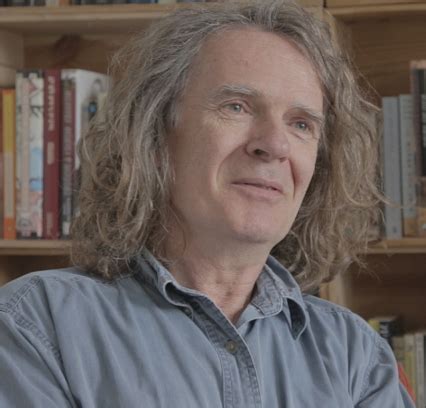A Quote by John Stuart Mill
All acts suppose certain dispositions, and habits of mind and heart, which may be in themselves states of enjoyment or of wretchedness, and which must be fruitful in other consequences besides those particular acts.
Related Quotes
It is an insult to God to believe in God. For on the one hand it is to suppose that he has perpetrated acts of incalculable cruelty. On the other, it is to suppose that he has perversely given his human creatures an instrument - their intellect - which must inevitably lead them, if they are dispassionate and honest, to deny his existence. It is tempting to conclude that if he exists, it is the atheists and agnostics that he loves best, among those with any pretensions to education. For they are the ones who have taken him most seriously.
Malicious acts are performed by people for personal gain … Sorcerers, though, have an ulterior purpose for their acts, which has nothing to do with personal gain. The fact that they enjoy their acts does not count as gain. Rather, it is a condition of their character. The average man acts only if there is a chance for profit. Warriors say they act not for profit but for the spirit.
According to the technical language of old writers, a thing and its qualities are described as subject and attributes; and thus a man's faculties and acts are attributes of which he is the subject. The mind is the subject in which ideas inhere. Moreover, the man's faculties and acts are employed upon external objects; and from objects all his sensations arise. Hence the part of a man's knowledge which belongs to his own mind, is subjective: that which flows in upon him from the world external to him, is objective.








































